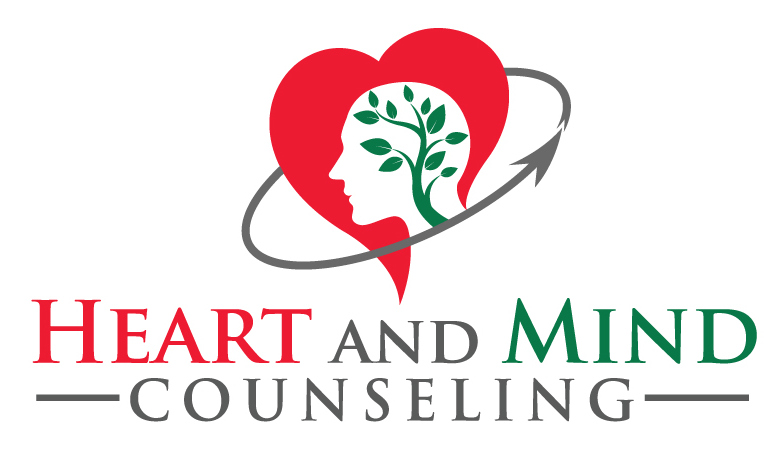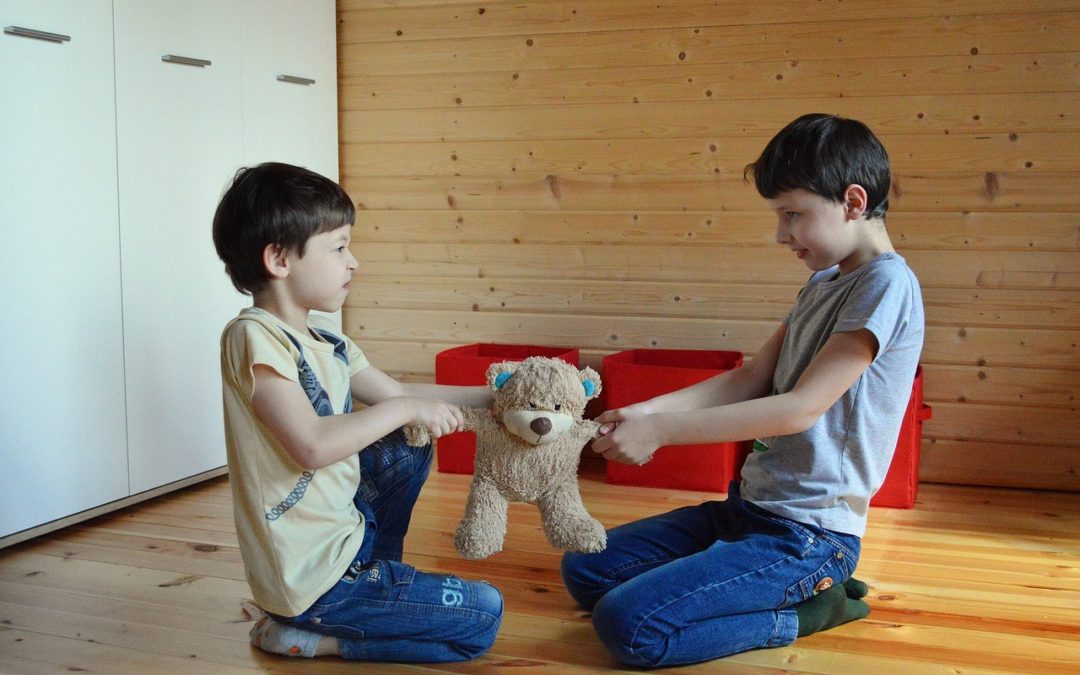
Recent Study of Sibling Relationships of Adolescents with Congenital Heart Disease – More Complex Than Previously Believed
Congenital heart defect, the most common birth defect, is now considered a chronic disease known as Congenital Heart Disease (CHD). Adolescents with CHD need family support for their repeated follow-ups, treatments, surgeries and complications. But it has been noticed that it impacts the relationships between adolescents with CHD and their siblings. Moon, Jung, & Lee (2021) have recently published a study exploring this phenomenon through the Sibling Relationship Questionnaire (SRQ) to examine their relationship according to birth order and age.
Sibling relationships are believed to influence a child’s identity development and future interpersonal relations, and are also a vital factor affecting psychological functioning. Keep reading this literature reviewing the empirical evidence investigating the impact of having a sibling with CHD and the impact (study report cited below).
Life of Siblings & Adolescents with CHD Vs. Life of Healthy Children
Moon, et al., (2021) discuss while parents of adolescents with CHD need to pay attention to the child’s issues with CHD it can impact the attention given to their other normally healthy children. The result is the normally healthy children feel they are getting differential treatment. Siblings of children with congenital and other chronic diseases (such as cancer, diabetes, spina bifida, asthma, cystic fibrosis, etc.) are in more challenging situations, and their health as well as quality of life are also lower than those in families with all healthy children.
These siblings felt they were forcefully given caregiving roles and responsibilities, which instilled negative emotions such as the fear of chronic illness, jealousy, and rivalry. This is evidence that there is an evolving need for family therapy for congenital heart disease (along with other congenital and chronic diseases) in Alabama, Colorado, Florida, Georgia, Michigan, and New Jersey which can benefit everyone’s emotional and social well-being.
At Heart and Mind Counseling, our expert counselors are skilled at conducting family (or group) therapy sessions that help patients with CHD and their families navigate through life and manage their day-to-day challenges of struggling with congenital heart disease (or any other chronic illness).
How does Sibling Relationship Affect Each Other’s Emotional & Social Well-Being?
The study that was conducted used a “Sibling Relationship Questionnaire (SRQ)” to determine the relationship between Adolescents with CHD and siblings. Adolescents aged from 13 to 21 years with CHD and their siblings were included as participants. The SRQ comprised four factors:
● Warmth/closeness
● Conflict
● Relative power/status
● Rivalry
After final examination, Moon, et al., (2021) reviewed results of the data and it revealed the following:
1. The relationship of siblings is affected by birth order and age.
2. The relative power/status score of the eldest sibling participants was higher than that of younger siblings. Older Siblings tend to show a low degree of behavioral problems with young CHD adolescents.
3. The score for rivalry increased as sibling age increased. Therefore, it is crucial to investigate sibling relationships, explain the importance of self-identity, power balance between adolescents with CHD and their siblings to parents.
4. If the adolescents with CHD have adult siblings, they would generally indicate a low level of conflict and rivalry, and a high level of warmth and comfort.
One of the conclusions is sibling relationships can quickly improve by gathering honest opinions from adolescents with CHD and siblings then conducting family group therapy sessions.
We have also researched that often times families and individuals dealing with other congenital diseases such as diabetes, cystic fibrosis, asthma, cancer, and spina bifida have similar challenges. The experiences are not the same, and the challenges are always unique however based upon our research into CHD, we have also looked at these diseases to understand similarities and differences to be able to apply “crossover” interventions. In other words research and success for one disease on psychosocial issues are evaluated to see if it can be applicable to another to further relieve individuals and families of their distress.
Benefits of Weekly Group/Family for Congenital Heart Disease
To help resolve relationship conflicts, healthcare providers and therapists will need to investigate sibling relationships in-depth and understand whether power, conflict, age, and warmth bring positive or negative changes. Here at Heart and Mind Counseling, we understand both CHD adolescents’ and their siblings’ concerns, and we also counsel parents of CHD patients. They both are in a difficult situation concerning establishing appropriate sibling relationships. We offer adolescents, and their family’s optimum relief and benefits by conducting expert group therapy for congenital heart disease in Alabama, Colorado, Florida, Georgia, Michigan, and New Jersey. We do this by assuring:
● You will get a safe space to convey your emotions where others will understand your daily trials and tribulations.
● You will get the optimum support and comfort of knowing people are willing to listen to your experiences and problems.
● A place where you can find people with similar backgrounds and communicate your feelings without feeling judged
● Find a trained therapist who can provide clinical interventions to help with your struggles.
Join Our Expert Therapy Group for Congenital Heart Diseasel
At Heart and Mind Counseling, you can schedule an online appointment for a therapy session for your adolescent with CHD, or an individual counseling session as the parent. Group Therapy sessions are being planned as well.
Reach out to us today to know more about our weekly group therapy for congenital heart disease sessions.
Call us or email (links at the bottom of this page) for a free 20-minute consultation.
Visit Heart and Mind Counseling Page on Congenital Disease
Link to the Published Research
Reference:
Moon, Y., Jung, J. W., & Lee, S. (2021). Sibling Relationships of Adolescents with Congenital Heart Disease. International journal of environmental research and public health, 18(5), 2698. https://doi.org/10.3390/ijerph18052698


